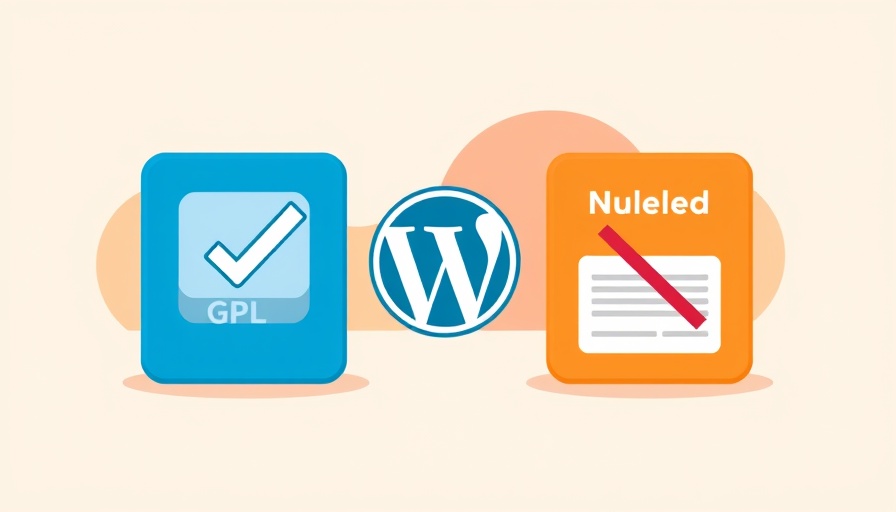
Understanding the Importance of Choosing the Right Web Hosting Service
When embarking on the journey to create a website for your business, one of the first and most critical decisions you’ll need to make is selecting a web hosting provider. A web host is the backbone of your online presence, providing the infrastructure necessary to store your website's files and make them accessible to users around the globe. With numerous hosting options available, understanding your unique requirements is essential for a seamless experience.
Web Hosting Basics: What You Need to Know
Web hosting refers to online services that allow individuals and organizations to publish websites onto the internet. A web host typically offers features like storage, bandwidth, and sometimes additional tech support to enhance your site's performance. The significance of a reliable host cannot be overstated: it guarantees your site is active, secure, and performs at optimal loading speeds, affecting user experience and SEO.
Five Key Steps to Selecting the Right Host
Here are five foundational steps to guide you through the selection process for the best web hosting service for your needs:
- Assess Your Website Needs: Is your site a simple blog or a high-traffic e-commerce platform? Understanding the nature and purpose of your site helps determine the type of hosting (shared, VPS, dedicated) you’ll require.
- Research Potential Hosts: Take the time to compare different hosting providers, focusing on reliability, pricing, features, and customer reviews. Popular hosts like Bluehost, HostGator, and GoDaddy have earned strong reputations through reliability.
- Evaluate Hosting Features: Look for hosts that offer essential features like SSL encryption for security, backups for data recovery, and customer support that’s available round-the-clock.
- Choose the Right Plan: Many hosts offer various packages—make sure to select one that aligns with your site's projected traffic and resource needs.
- Check for Growth Flexibility: As your business grows, your hosting needs may evolve. Choose a provider that can accommodate scalability without significant downtimes or issues.
Comparing Hosting Providers: What to Look For
Even after narrowing down options, comparing hosts becomes critical. Consider aspects such as customer support efficacy and bandwidth limits, as these are vital for the long-term functionality of your site. For instance, while a shared hosting plan may be cost-effective, it can often lead to slow response times if overloaded.
Security: A Non-Negotiable Factor
The security of your website should be a primary concern. Your chosen host must provide robust security measures, including SSL certificates for secure transactions, firewalls, and protection against malware attacks. You want a host that prioritizes these features to safeguard sensitive customer data and build trust.
The Impact of Hosting Speed on User Experience
Website loading speed can directly influence user experience and retention rates. Hosting services that utilize advanced technologies, such as LiteSpeed servers and content delivery networks (CDNs), can significantly enhance loading times, creating a better experience for your users.
Best Practices for Managing Your Hosting Provider Relationship
Finally, after selecting a hosting provider, maintaining a good relationship is equally important. Regular communication, understanding service-level agreements (SLAs), and actively managing site backups and updates can ensure your website remains secure and operational while adapting to future needs.
In conclusion, the right web hosting service lays the foundation for your online success, ensuring your website is efficient, secure, and reliable. Invest the necessary time in researching and evaluating potential providers, as doing so can enhance your overall digital strategy and help achieve successful digital marketing goals.
 Add Row
Add Row  Add
Add 




Write A Comment